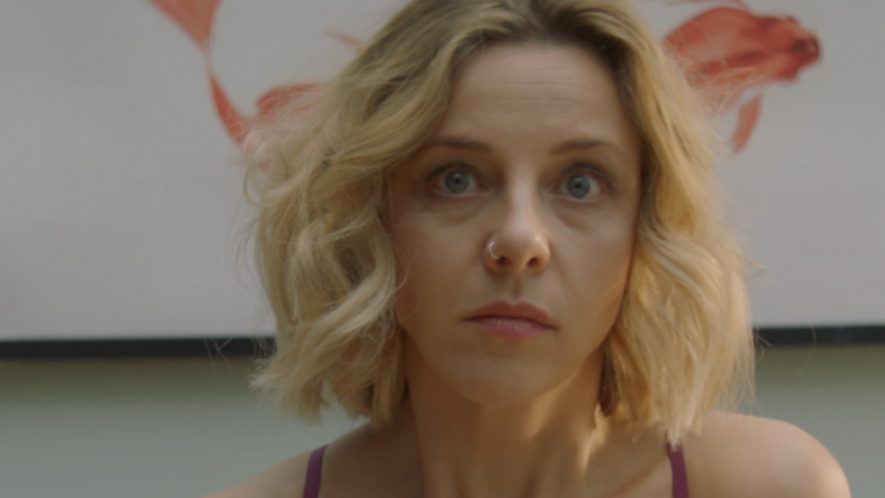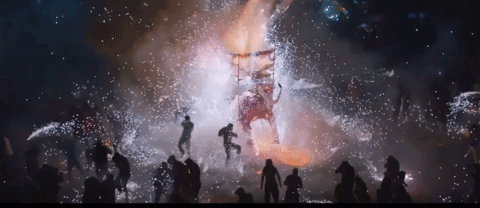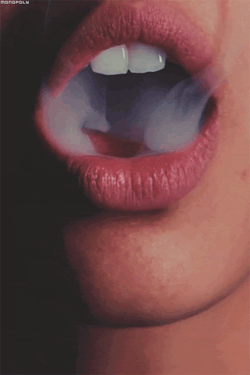“We have not yet heard enough, if anything, about the female gaze. About the scorch of it.”
— Maggie Nelson, Bluets
What are we talking about when we talk about “the Gaze” in film? In short, we’re talking about the perspective of its maker (the director), which we take on as our own in our experience of the story.
This is why it’s so important that films are made and seen from as many perspectives as possible: Because what we think of as “the Gaze” is not just one view. It has many lenses.
When we talk about the “Female Gaze” specifically, it’s as a direct counterpoint to the “Male Gaze,” a term devised by film scholar and critic Laura Mulvey in 1973. But what about the “Female Gaze” defines it apart?
We looked to the filmmakers in our Female Gaze playlist, and reached out to a few more of our favorite Argo directors, to hear directly from the source what the “Female Gaze” in film means to them.
Here’s what they had to say:
- “Juck (Thrust)” (2017) dir. Olivia Kastebring
- “Fuck You” (2018) dir. Anette Sidor
What is femininity? — Olivia Kastebring, director of Juck (Thrust), for wearemovingstories.com
Since Laura Mulvey’s essay “Visual Pleasure and Narrative Cinema,” we have understood that cinema has accommodated a “male gaze” that interprets female characters and experiences into mere passive, desirable symbols. Female directors now have the opportunity to dismantle this gaze and narrate stories of female friendships, struggles and vulnerable portraitures of the female experience. To me, the “Female Gaze” allows identifying women to have access to a camera, tell their stories and capture themselves and their bodies as they see it. — Diana Sanchez, director of Stream
There are so many images missing in film that I want to create. — Anette Sidor, director of Fuck You, for closeupculture.com
- “Doublespeak” (2020) dir. Hazel McKibbin
- “Dangerous Curves” (2018) dir. Merete Mueller
To me, the female gaze in film means allowing women to be portrayed with their own specific cinematic language. The rules and conventions we use in film were created by men to tell stories about men. Women operate differently in the world and female stories shouldn’t be manipulated to conform into conventions rooted in patriarchy. For example, we always talk about an active protagonist that drives a film forward, but women don’t always have the ability to be active in the same way that men do. For a film to feel honest, female characters need to be allowed to motivate action differetly, more subtly. For me, that often means the camera can reveal the underlying emotion where the onscreen action might not be as overt. — Hazel McKibbin, director of Doublespeak
I think it’s important for women to know that we can let it all hang out, however that looks, and that there’s something really beautiful and confident nd powerful about that. — Merete Mueller, director of Dangerous Curves, for marmosetmusic.com
- “The Invisible” (2020) dir. Mimi Chakarova
The idea of the Female Gaze, for me, is similar to the Male Gaze. It sexualizes and objectifies by lingering and drawing attention to itself. When I watch films, I don’t want to be reminded of the person behind the work unless the project is personal in nature. I recently saw a film at a festival that was beautifully done. In the end, I loved seeing that it was directed by a woman, but while watching it, I enjoyed the story rather than thinking about its maker. That said, I do believe that women have a different artistic sensibility and that we make choices based on our own encounters with the world. — Mimi Chakarova, director of The Invisible, The Heart, and The Cake, and co-creator of Still I Rise Films.
- “Spring Tide” (2020) dir. Jean Parsons
- “End-O” (2019) dir. Alice Seabright
I think it’s possible for the term to mean many things, depending on the director, and that this is true whether you’re talking about a “male” gaze or a “female” one. But at its root I feel it has to do with seeing things through a lens other than male fantasy. I think of a beautiful film like Céline Sciamma’s Portrait of a Lady on Fire, which depicts a nuanced love story between two women without objectification or stereotypes. Compare it to another story of female love — Kechiche’s Blue is the Warmest Colour, which contains a graphic and controversial six-minute sex scene — and I think the difference comes into sharp focus. — Jean Parsons, director of Spring Tide
For more exploration of the female gaze at work, watch Argo’s Female Gaze playlist, featuring plenty of role reversals, subverted expectations, and characters who own their power in all kinds of thrilling and unexpected ways.
Some of these quotes have been lightly edited for grammar and clarity.

















